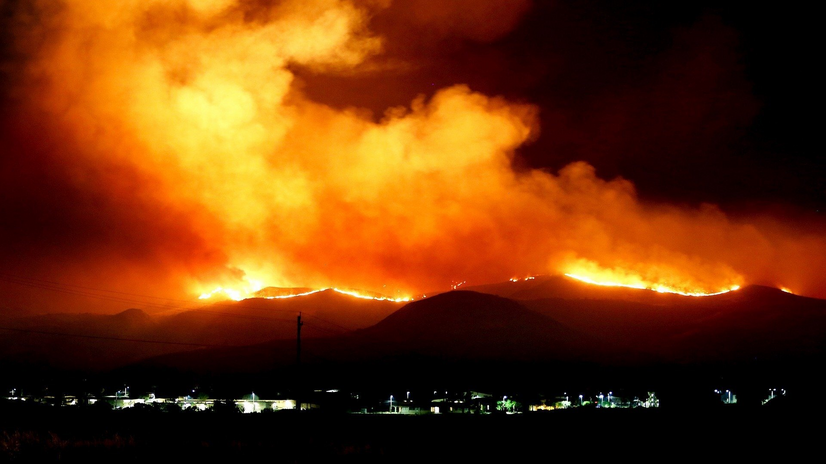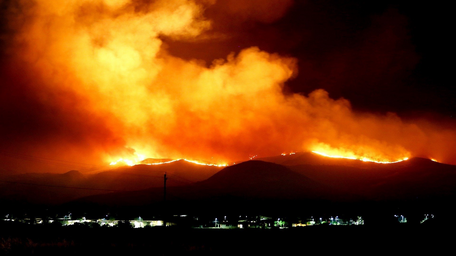In the aftermath of the devastating wildfires that gripped Maui, Hawaiians find themselves amidst the debris of what was once a paradise. While the natural beauty of Maui has always been a beacon for tourists worldwide, locals are now issuing a heartfelt plea: to postpone tourist visits as the island struggles with an unprecedented disaster.
In a mere four days, devastating wind-driven wildfires have transformed Maui, a vibrant gem of Hawaii, into a scene of calamity. On Sunday, Maui County officials confirmed a chilling death toll of at least 97, a number that’s expected to rise as the search through decimated neighborhoods and charred homes persists.
When you think of Hawaii, vivid images of its breathtaking beauty may come to mind. Sadly, the destructive wildfires raging in Maui have made the once beautiful scenery a hotspot for despair. The wildfire has displaced thousands of residents and created immense challenges for the island community.
Tourism is undeniably one of Hawaii’s primary economic drivers. While the influx of tourists brings economic prosperity, there are moments, such as these, when the presence of outsiders can inadvertently compound the grief of locals.
The juxtaposition of carefree vacationers against a backdrop of local trauma serves as a stark reminder of the balance that needs to be struck between tourism and respect for local sentiments.
TikTok’s algorithm often curates content based on user interactions; thus, after the fires in Maui, users, including Madison Malone Kircher from the New York Times, noticed a surge in content from Hawaiian creators, with one question dominating the conversation: Should tourists postpone their trips to Maui in light of the recent tragedy?
Kate Ducheneau, a TikToker from Lahaina, vividly recounted the damage her house sustained and the emotional distress of seeing tourists seemingly indifferent to the local plight. One of her most poignant experiences was at Target, where she witnessed tourists casually discussing a ‘staycation’ amidst the crisis. Ducheneau’s heartfelt plea in a TikTok video, urging tourists to reconsider their plans has been viewed more than two million times. However, Ducheneau clarified that she’s not against tourism but hopes for a temporary respite. Lahaina, she believes, deserves time to recover and rebuild.
Another prominent voice, Kailee Soong, with over 100,000 TikTok followers, highlighted the insensitivity of tourists enjoying the waters where locals grapple with immense grief.
TikTok has evolved from mere entertainment to a significant information source, especially during global events. The platform allows everyday individuals to share their firsthand experiences, providing an unfiltered perspective that mainstream media sometimes misses. Given TikTok’s growing popularity among younger generations, potential tourists might benefit from hearing the direct appeals and stories of those living in areas they wish to visit.
TikTok’s powerful algorithm, responsible for its precise content curation, is set for a shakeup in the European Union. The E.U.’s Digital Services Act mandates social media platforms to allow users the option to disable recommendation algorithms. It remains to be seen how this will impact TikTok’s user experience, especially when the algorithm’s allure lies in its ability to showcase tailored content.
The shift in TikTok’s role from being a platform for light-hearted content to a vital information source underscores its growing influence. In moments of crisis, it offers a window into ground realities, allowing users to witness events through the eyes of those living them. In the case of Maui, TikTokers have been instrumental in conveying the island’s pain and the community’s needs.
The Maui wildfires have brought to the forefront not just the tangible devastation but also the emotional and societal intricacies unearthed. As Hawaiians share their pain and pleas on platforms like TikTok, it’s a reminder of the profound impact of global events on local communities and the power of social media in amplifying their voices.


